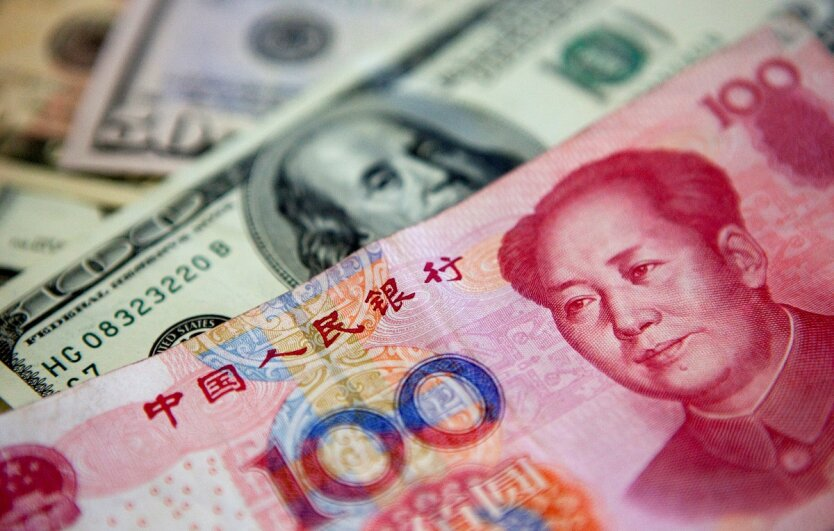China has eased its monetary policy for the first time since 2010.


China has changed its monetary policy from 'prudent' to 'moderately accommodative', leading to a rise in the prices of stocks and bonds. This decision was made by the Politburo of the Communist Party ahead of the annual meeting to create the country's financial plan.
Authorities stated that they need to implement a more proactive fiscal policy and moderately accommodative monetary policy. It was also mentioned that extraordinary counter-cyclical adjustments should be strengthened and consumption, investment efficiency, and domestic demand increased.
The last Time China adopted a 'moderately accommodative' policy was in 2008-2010 after the global financial crisis. This decision was perceived by investors as a sign of the leadership's serious attitude toward the country's economic problems.
Economists at Morgan Stanley stated that this is the first time China is implementing a 'more' proactive fiscal policy after the decline related to Covid in 2020. The statement indicates that boosting consumption will be a priority for the next year, with supply chain modernization and innovation being secondary.
The Chinese economy has suffered from deflationary pressure in recent months due to falling real estate prices, leading the government to announce monetary stimulus in September and fiscal measures in November aimed at local government debt. The consumer price index in China rose by 0.2% year-on-year, the lowest in five months and below analysts' forecasts from Reuters. Month-on-month prices decreased by 0.6%.
It is expected that in the coming days, the Communist Party will hold one of its main annual meetings on economic policy, and analysts anticipate any signs of acceleration in household spending.
Read also
- Orks-once attack Siversk: military on the change of the enemy's assault tactics
- Do the Territorial Recruitment Centers Violate the Law? The Ground Forces Showed Statistics
- Ukrainian commander revealed details of the new strategy of the occupiers near Pokrovsk
- The IAEA made a disturbing forecast regarding uranium enrichment in Iran
- Russians are preparing for new provocations in sensitive areas - intelligence
- Russians are storming a key settlement in Zaporizhzhia - Defense Forces










